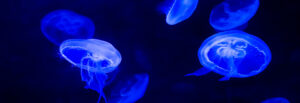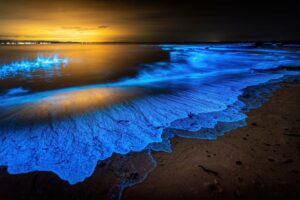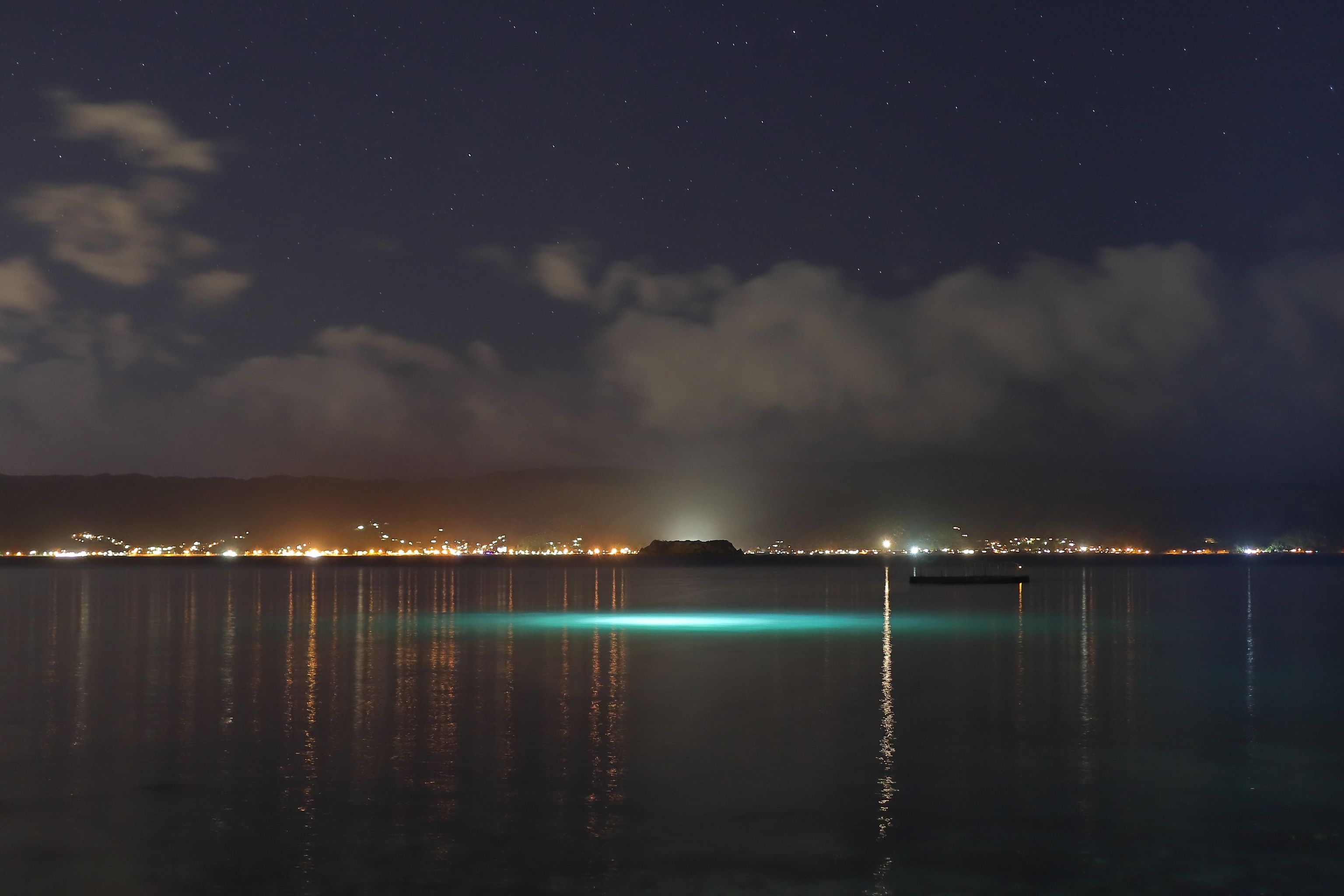Are you getting sick & tired of diving the same local dive site every time?
Have you thought about diving it after dark?
With Daylight Savings over night dive season has begun. While the thought of diving in the dark may terrify some of you, initiated night divers can’t wait to get out for their next night dive.

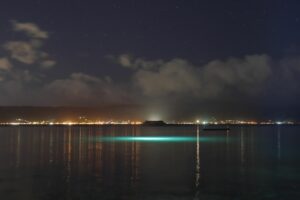
The first thing you’ll notice on descent is the dark (duh!) as your vision is restricted to what is lit by your torch. Once your eyes adjust however, you will notice that the marine life you saw in the daytime has disappeared, or can be seen sleeping on the reef, and a whole new
range of species is now on display.
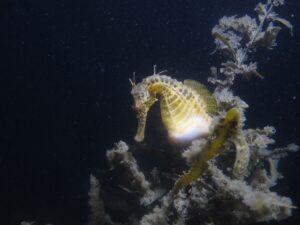
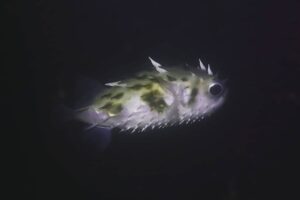
Shining your torch on underwater formations focuses your attention and lets you see their true colours. During the day, divers use natural sunlight to light up the reef but as you may remember colours are lost as we descend to greater depths, with reds disappearing in ~5m.
Torches bring the full colour range back (This is also true for day dives).
There are some different skills you need to successfully dive at night with communication being key to a safe and enjoyable dive. You will need to learn how to signal with your torch without blinding your dive buddy. Navigating around the dive site can also be a challenge with your vision restricted by the beam and strength of your torch. This is when you will be glad you have dived that local dive site so many times you think you can dive it blindfolded!!
Aside from opening up more time for diving as days get shorter why do we bother diving in the dark? For most of us it is the different species that we encounter from octopus and squid, seahorses and pipefish, to a whole range of crabs, shellfish and invertebrates that we just never see during the day. The weirdest thing I ever saw at a local dive site is a tie between a Burrowing Sea Cucumber and a Stalked Jellyfish with the so-called Common Sandfish coming in close 3 rd . These species took some researching before we were able to ID them, and these were seen at sites we dive several times a month.
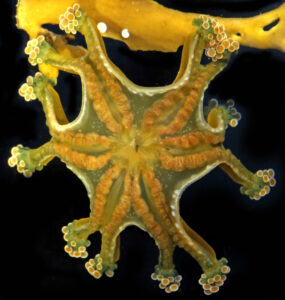
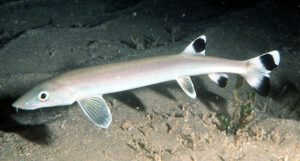
And if you are really lucky you will pick a night with loads of bioluminescence – block off your torch light and watch as the bioluminescent plankton leaves trails behind you. If you really want to take your night diving to the next level, try diving with a UV capable torch as the
fluorescent light enhances the glowing colours in the reef.
